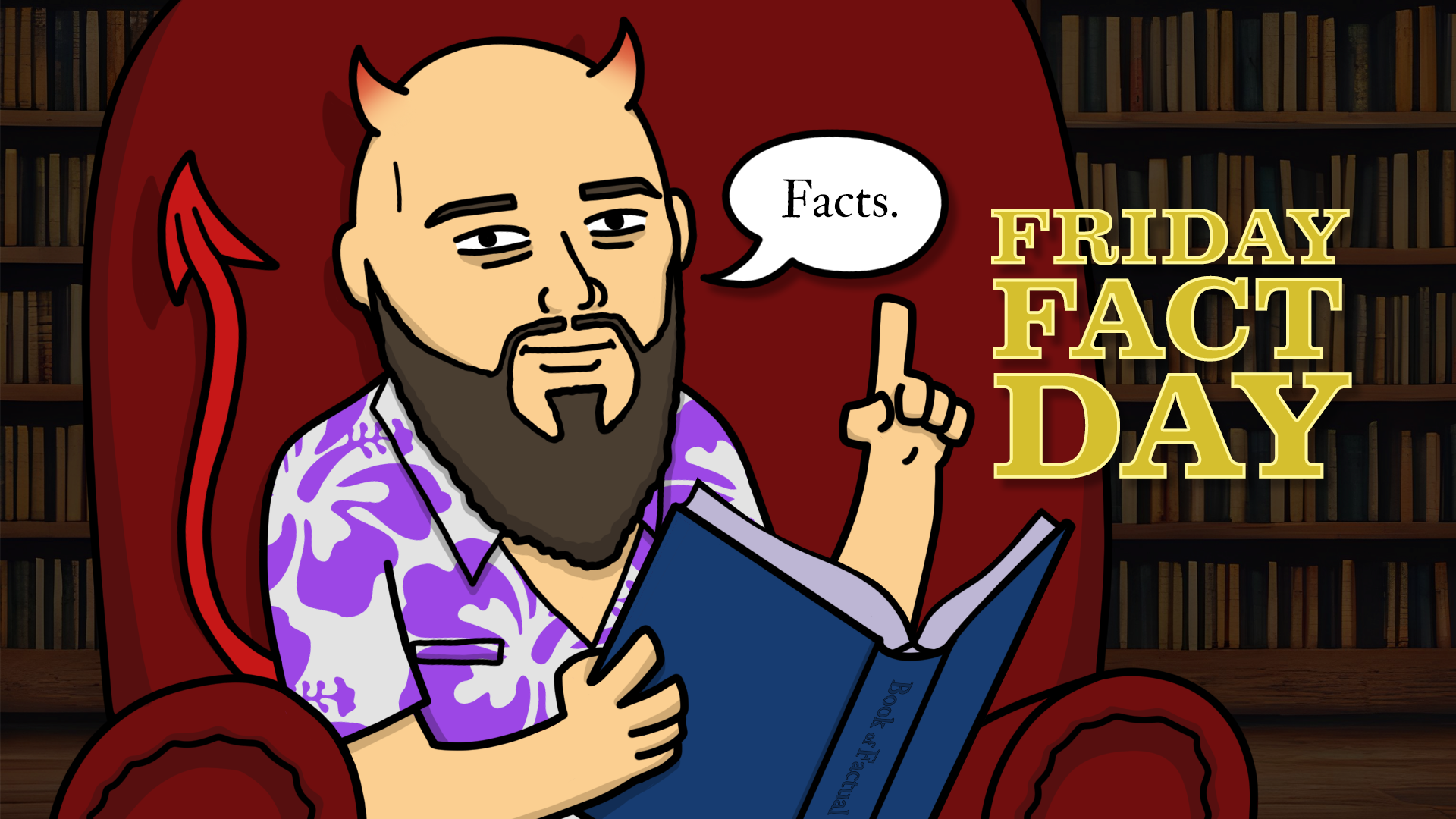Good day, good day, dear readers! 'Tis I, Ben, and welcome to another installment of everyone's favorite series to read on their toilet break – Friday Factday!
This week, I'm bringing you a handful of facts about a topic that is very near and dear to our hearts: Digital Censorship.
Heavy Is the Crown
The somewhat dubious title of “First Person Banned From the Internet” is held by a man named Chris Lamprecht, a software developer and former hacker sentenced in 1995 by the US District Court. Lamprecht was sentenced for money laundering, and was never charged with nor admitted to any computer-related crimes; still, his notoriety as a hacker saw him receive the world's first internet ban, which lasted until 2002.
Since then, he has kept on the right side of the law and continues to be an avid coder and entrepreneur to this day.
First, They Came for the Porn
Unsurprisingly, the first major content category to be targeted by digital censorship laws were “indecent” and “patently offensive” materials – which is totally not ambiguous and open to interpretation at all, no sir.
Despite the first draft being poorly constructed, expansions to this 1996 legislation occurred in the same year, adding something that the vast majority of us can (and frankly should) agree on – bans on child pornography.
Network Neutrality Is Old Enough to Drink
The term Network Neutrality, or Net Neutrality as it is often shortened to, was first coined back in 2002 by Professor Tim Wu of Columbia Law School. The term is the name for a regulatory principle that prevents the owners of internet infrastructure – ie the cables and such – from discriminating against different users or service providers.
In more recent years, the term has become more widespread in the battle against traffic shaping.
Enemies of the Internet
Reporters Without Borders, a world-famous NGO originating in France that advocates for Freedom of the Press, used to update a list called “Enemies of the Internet” up until 2014. The decisions for inclusions were made because"all of these countries mark themselves out not just for their capacity to censor news and information online but also for their almost systematic repression of Internet users."
There are several countries on the list that no one would bat an eye at – China, Russia, North Korea, etc – but the most interesting inclusions in this writer's humble opinion are that of the United States and my own United Kingdom. I, for one, am inclined to agree.
Windscribe Fights against Censorship
At Windscribe, we strongly believe in a free and open internet for all, and we'll put our money and efforts where our mouths are. We have a history of fighting against censorship wherever we can, including continued software development and the regular release of relief codes to areas suffering under tyrannical governments.
Recently, we released our Circumvent Censorship feature for Windscribe, making us the number 1 VPN solution for bypassing authoritarian blocks. Like anything, this feature is not a 100% guarantee, but what is a guarantee is that we will continue the fight, always.









